Empaths are generally nice and compassionate people overall, but there are quite a few myths about empaths out there surrounding their empathic skills.
Key Points:
Empathy is a superpower but an empathic individual is extraordinarily human. Empathic people occasionally experience intense anger. Empathy is empowering and encouraging, but sympathy may tempt a person to be enabling.
Empathy may be a “superpower,” but empaths are not superhuman. In fact, “humanness” may be the origin of an empath’s power. In touch with their own emotions, empaths readily access the feeling state they recognize in another to gain true understanding.
Despite the momentary discomfort, empathic individuals “go there,” resonate, and attempt to honor the person’s emotion. This prevents the person from feeling completely alone in his or her plight. The act is often selfless, healing, and transformative for both parties.
Yet three misconceptions may convince empathic people they are not worthy. Illuminating these myths may help people embrace the gift and share it with others without hesitation.
Related: 27 Traits Of An Empath
3 False Myths About Empaths
Myth #1: Empaths Do Not Get Angry.
First, the notion that empaths do not get angry is questionable. Empaths are connected to deep and intense emotions, both positive and negative. Although many empaths are typically good-natured and, thus, uncomfortable with their anger, it is an important emotion.
In some situations, the heightened anger experienced by an empathic individual is data that something unfair is occurring in a relationship. The intensity and duration of angry feelings may indicate the degree of mistreatment the person is enduring.
Recognizing, identifying, and honoring anger allows an empathic person the opportunity to process the emotion, understand it, and act on it constructively. For example, a person may need to instill a boundary or set a limit. Anger can also be defensive in nature and elucidate insecurity that needs attention.
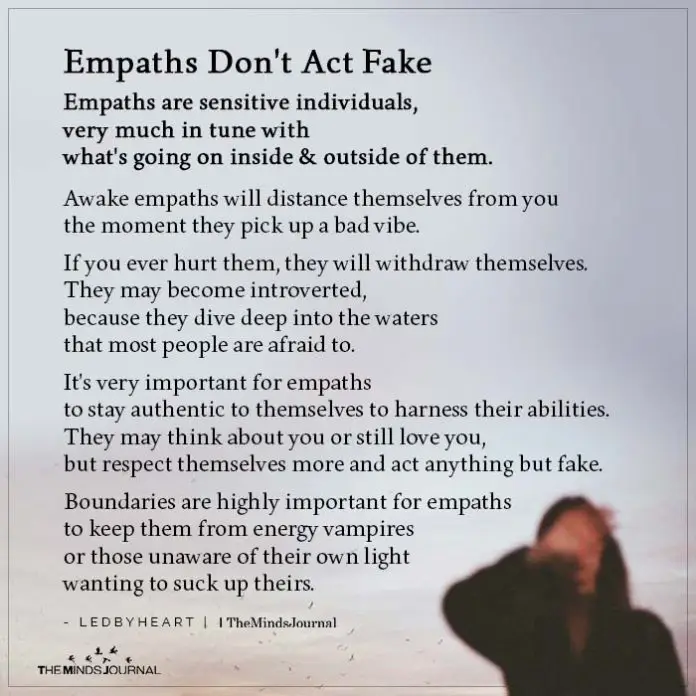
Myth #2: Empathic Individuals Are Always Empathic.
Second, the idea that empathic individuals are always empathic may require further investigation. In many situations, a person’s empathy turns off after a friend or loved one displays a consistent and extreme lack of empathy for her or him.
For example, say that Seth and Tyler are dating. During their first year, Seth breaks his ankle in two places. Tyler is constantly annoyed when Seth occasionally asks for help. During a snowstorm, Tyler refuses to pick Seth up from the train station because he is gaming.
Seth hobbles, slipping and sliding on crutches, to the nearest taxi stand, hurt and angry. On the evening of their two-year anniversary, Tyler stubs his toe walking to the restaurant. Seth helps Tyler regain his balance but is ashamed that he doesn’t feel much empathy for Tyler. He fears he is a bad person. In this scenario, Seth’s empathy for Tyler is impacted by Tyler’s pervasive lack of empathy for Seth.
Related: Top 10 Things That Weaken An Empath
Myth #3: Empathic People Cannot Lead.
Third, a myth exists that an empathic person is “soft” and cannot compete or lead. This may be an incorrect assumption. Research indicates emotionally intelligent people may be the strongest leaders. Curiously, empathy is a cornerstone of emotional intelligence.
A person who seeks to understand does not necessarily surrender or lower expectations. On the contrary, emotionally intelligent individuals usually empower, encourage, and sustain trust with others. It is sympathy or feeling sorry for someone that typically leads to enabling. People who lack empathy tend to sympathize because it does not tax their sense of self.
Pity distances two people from one another and places the pitied in a devalued position in the relationship. The individual in the position of power may then be tempted to save and rescue. Being the hero and saving the day is self-serving because it fuels the ego. Moreover, saving, favoring, or enabling may actually disempower a person and strip him or her of self-efficacy. It may be more effective and selfless to provide empathy.
For example, the director of a department hosts a meeting for her team. One of the team members, Anne, attempts to further her line of questioning about the possibility of working from home. A defensive director shuts her down and passive-aggressively punishes her for speaking up by overlooking her for a promotion.
Yet, she sympathizes with the team member who is always in agreement with her, Sally. She favors Sally and gives her special treatment. On the other hand, Anne, who advocates for her needs because she has a medically fragile child at home in a precarious spot, is shut down.
Now Anne, the most creative team member, censors herself and her ideas because she is punished if she says something that the director does not appreciate. Sally, on the other hand, rarely brings much to the table but is continually rewarded. An entire team suffers because ideas and creativity are admonished if they do not mesh with the director’s narrow perspective, and the favoritism dismantles the group cohesion.
Related: The Struggle of Being An Empath: What Makes It So Challenging
Conversely, say the director invites Anne into her office and listens to her plight. She empathizes with her situation and works on a plan to allow Anne to temporarily work from home with clear expectations and parameters. Both parties feel positive about the compromise. The trust in the relationship grows and inspires years of superb collaboration. Their chemistry is contagious and empowers the entire team.
At times, empathy or kindness is mistaken for weakness which is a substantial error. Often a person who is empathic is connected to her emotions, including the distressing ones. This helps her to reflect and think deeply which permits insight.
A person who is self-aware and accountable learns from her mistakes and is able to implement long-lasting change, as well as possess empathy for others because she can quickly access uncomfortable human emotions such as worry, disappointment, hurt, anger, shame, and confusion.
These emotionally intelligent qualities may allow her to grow stronger every day and help her to sustain close relationships with others who share the same abilities.
Frequently, people who pervasively lack empathy in relationships also have deficits in self-awareness. Out of touch with their uncomfortable emotions, they may take shelter behind a rigid and robust unconscious defensive structure, which protects them from the discomfort of self-awareness, insight, and empathy.
Like a force field, defenses like deflection, projection, narcissism, and victim stance ward off uncomfortable emotions that tax a fragile core. Unable to gain healthy insight into difficult feelings such as envy, the person seeks to sabotage and destroy the individual with whom they are jealous. Thus, a person who does not possess empathy or emotional intelligence may be incredibly threatened and envious of someone who does.
Empathic individuals often struggle. They may experience intense anxiety when others don’t reciprocate empathy or when their own empathy dips because they have been mistreated. In addition, the tendency to self-reflect and introspect often causes them to over-think.
Related: 13 Traits Of A Real Empath
Yet, this tendency may be superior to underthinking. Similarly, a conscientious human being may be better and safer than an individual who lacks a conscience. The upside to empathy may far outweigh the downside.
Written By Erin Leonard Originally Appeared On Psychology Today
References:
https://journals.sagepub.com/doi/10.1177/0146167299025003003 https://www.scirp.org/journal/paperinformation.aspx?paperid=85730 https://files.eric.ed.gov/fulltext/EJ882723.pdf https://www.ncbi.nlm.nih.gov/pmc/articles/PMC5681963/ https://scholar.google.com/scholar?q=journal+articles+on+emotional+intelligence+and+anger&hl=en&as_sdt=0&as_vis=1&oi=scholart#d=gs_qabs&u=%23p%3D5ChcuSGuF_oJ https://scholar.google.com/scholar?q=journal+articles+on+emotional.intelligence+and+empathy&hl=en&as_sdt=0&as_vis=1&oi=scholart#d=gs_qabs&u=%23p%3DHjv9_zxgk5sJ https://scholar.google.com/scholar?q=journal+articles+on+emotional.intelligence+and+empathy&hl=en&as_sdt=0&as_vis=1&oi=scholart#d=gs_qabs&u=%23p%3DJIA1msa79MwJ https://scholar.google.com/scholar?q=journal+articles+on+emotional.intelligence+and+empathy&hl=en&as_sdt=0&as_vis=1&oi=scholart#d=gs_qabs&u=%23p%3Dlexe_hvfTAYJ https://scholar.google.com/scholar?q=journal+articles+sympathy+versus+empathy&hl=en&as_sdt=0&as_vis=1&oi=scholart#d=gs_qabs&u=%23p%3DuiPjVI8SOzYJ
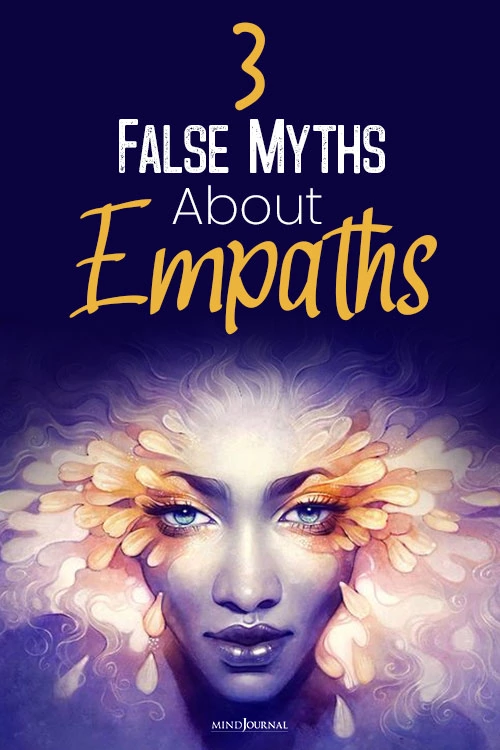
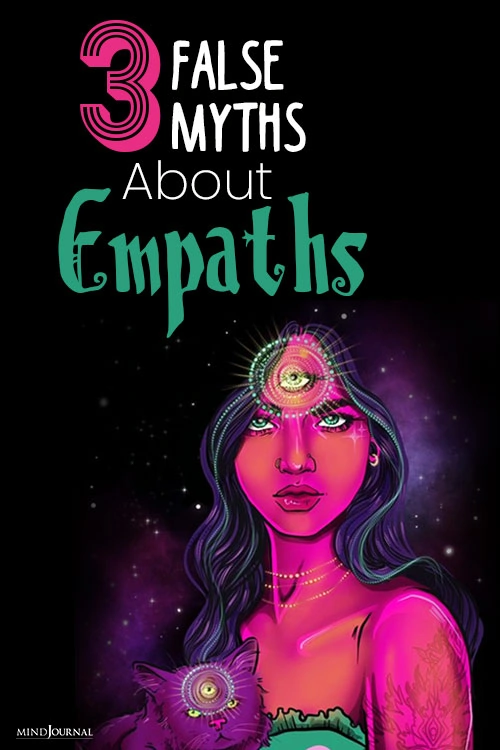
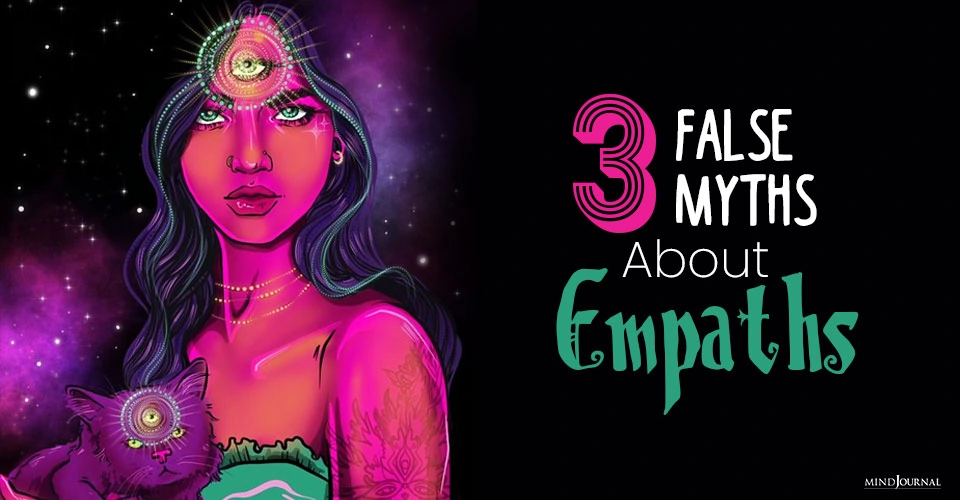
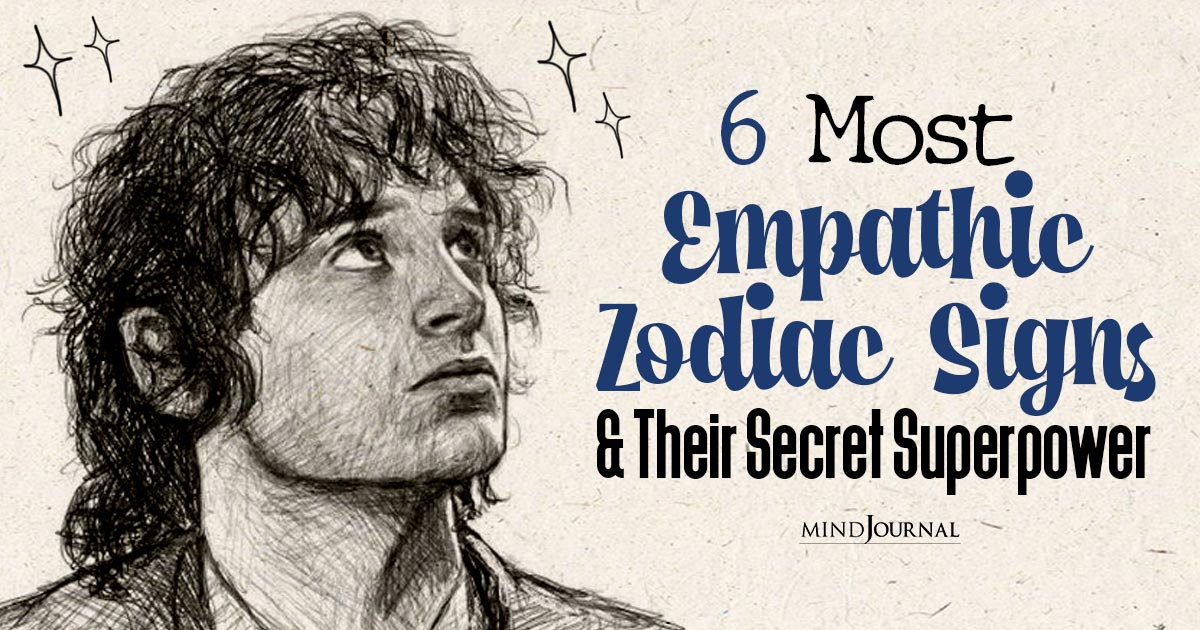

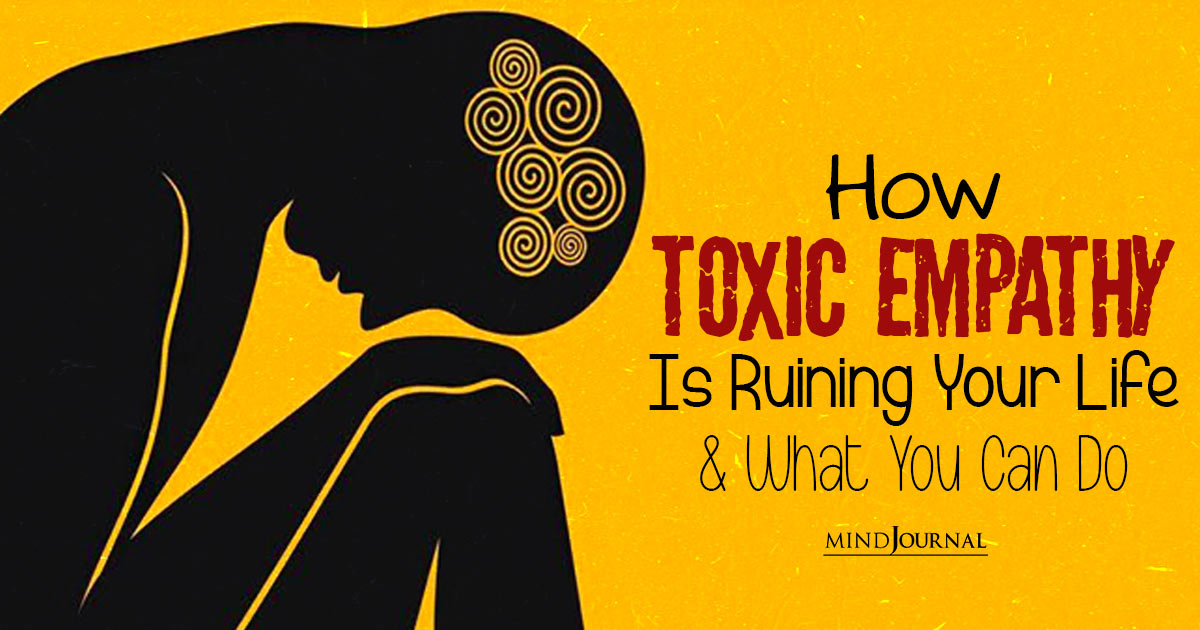
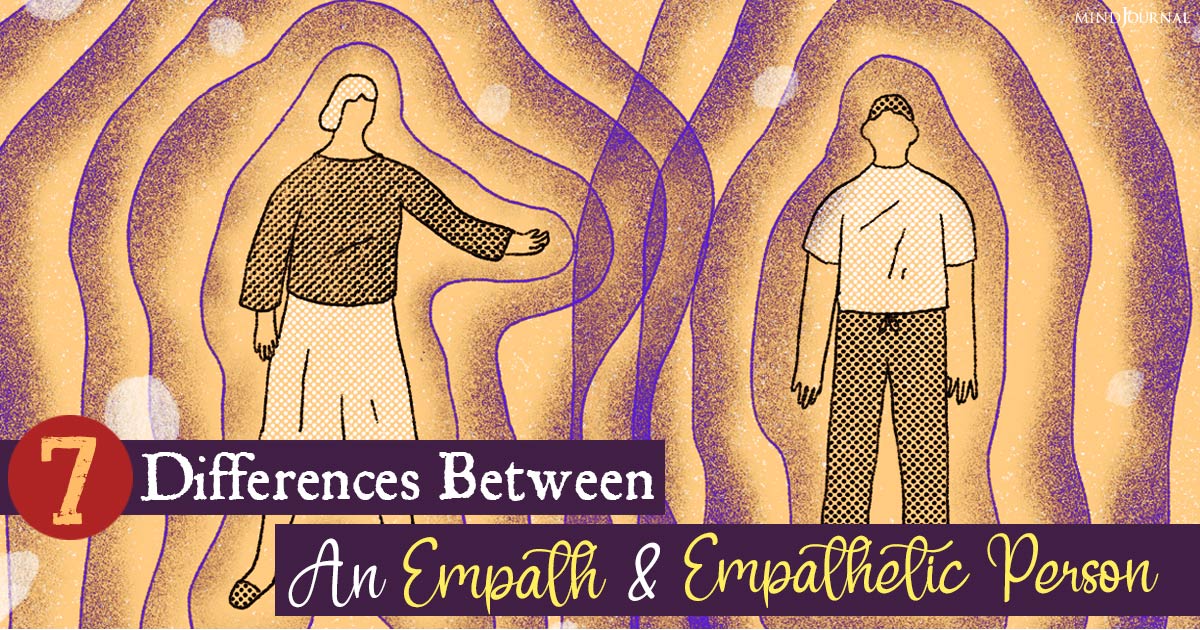
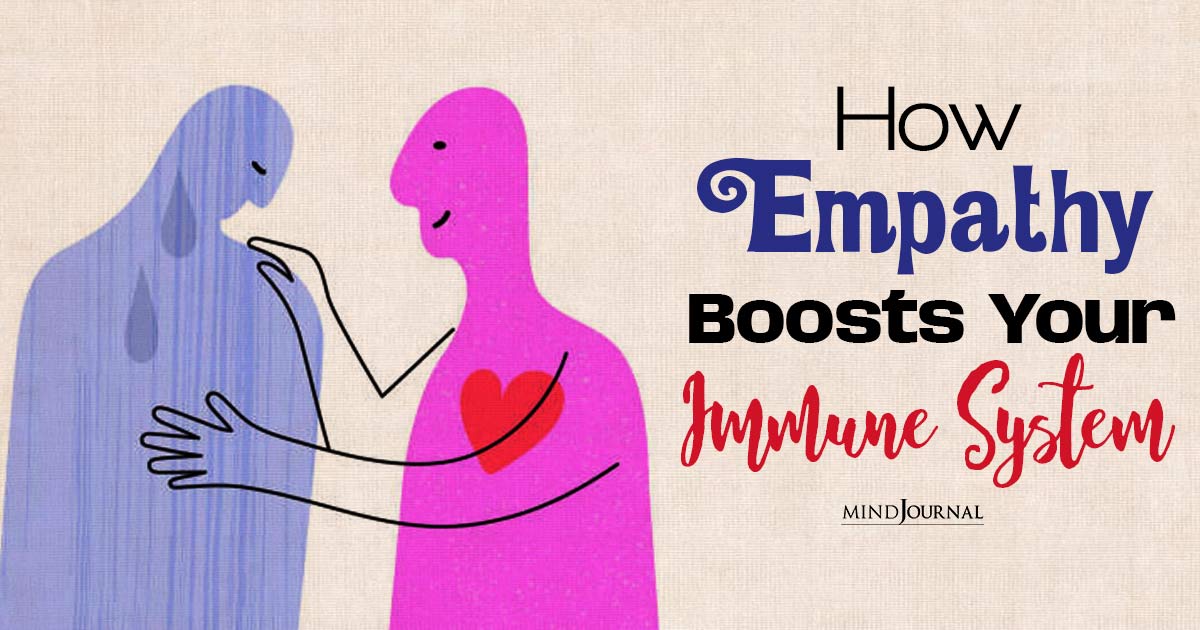
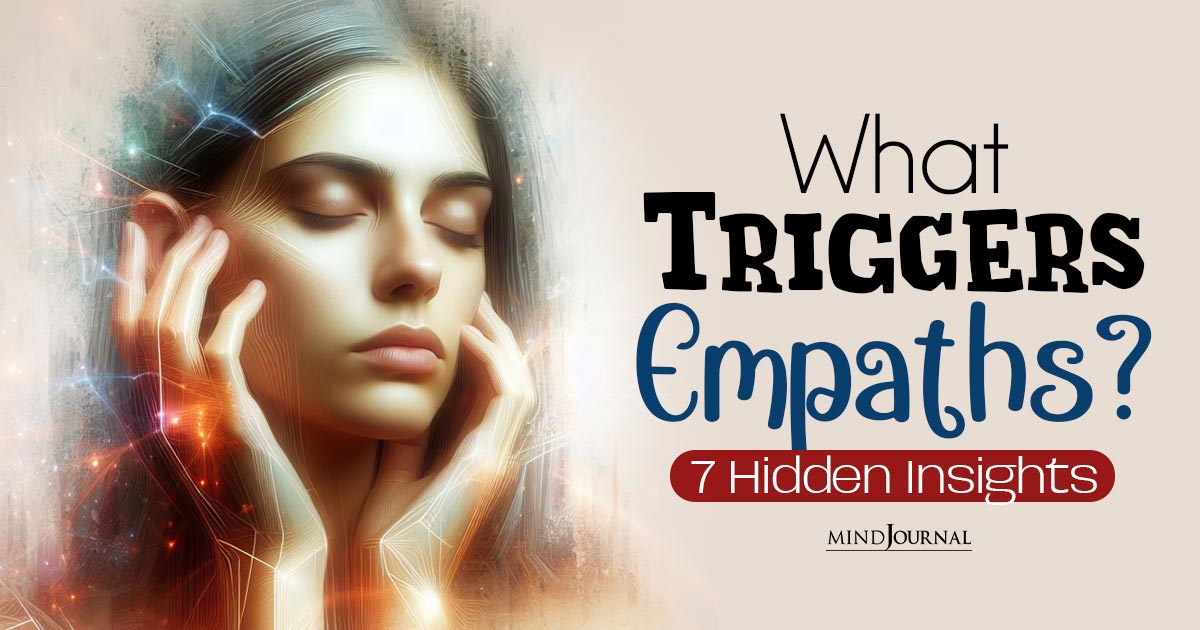
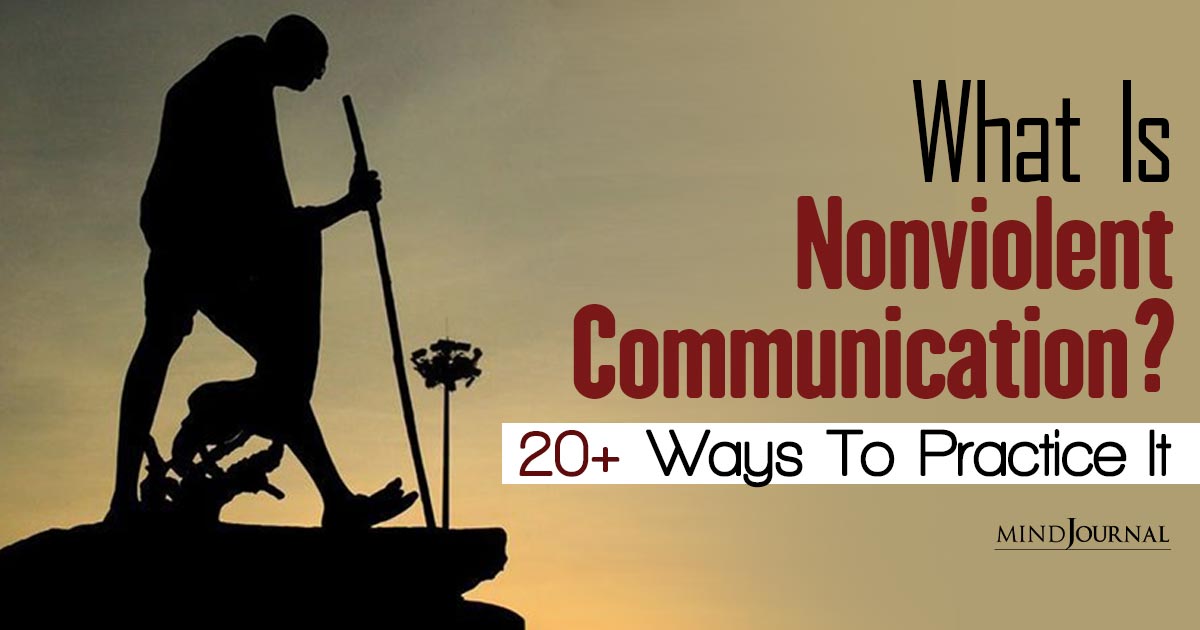
Leave a Reply
You must be logged in to post a comment.